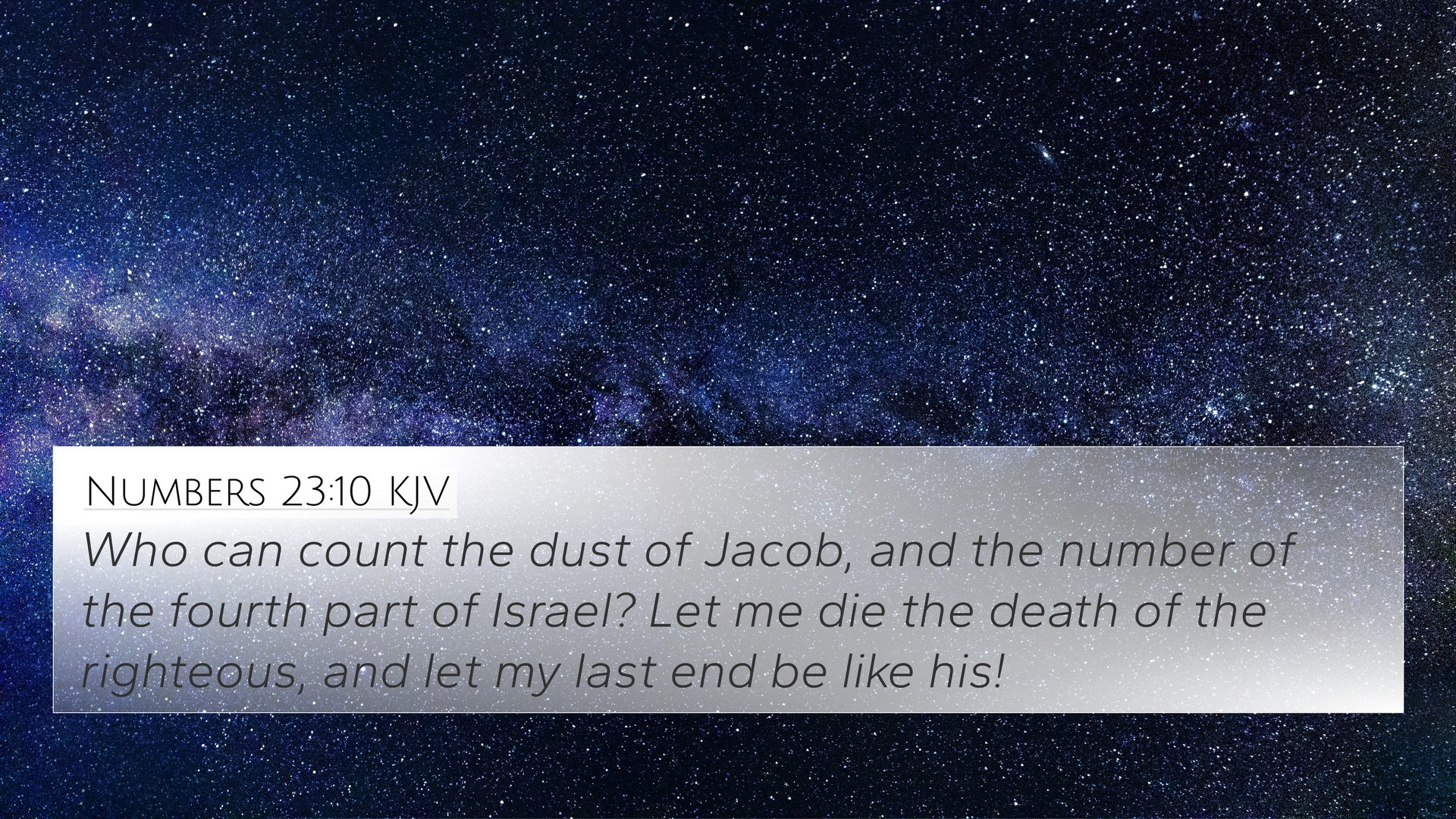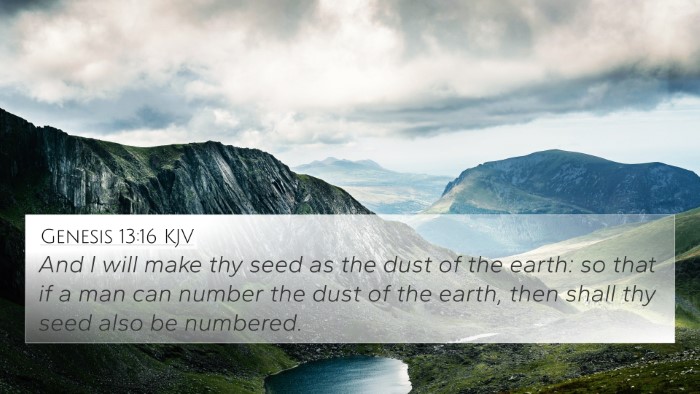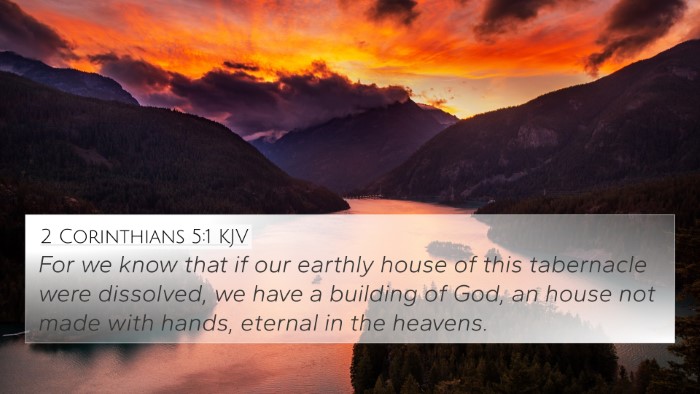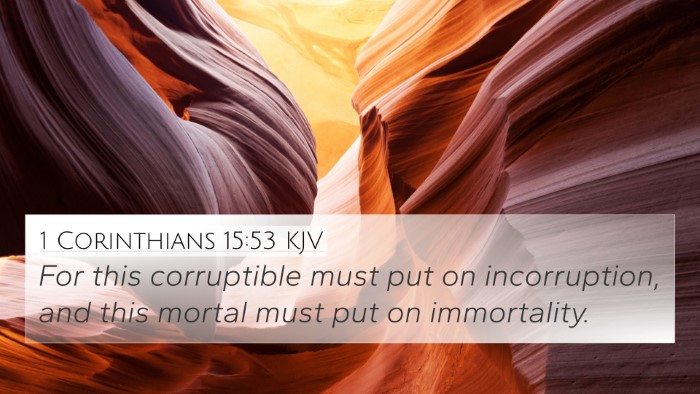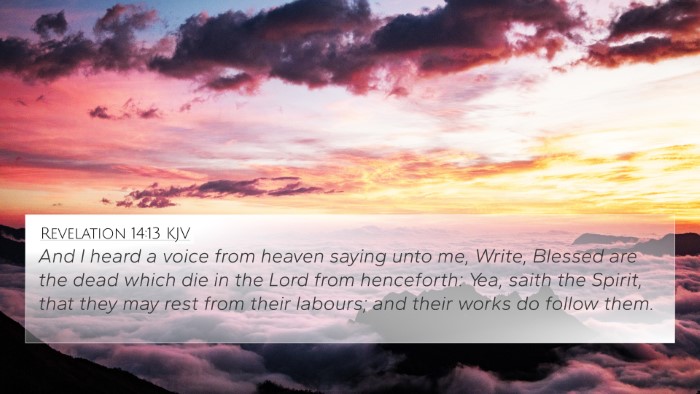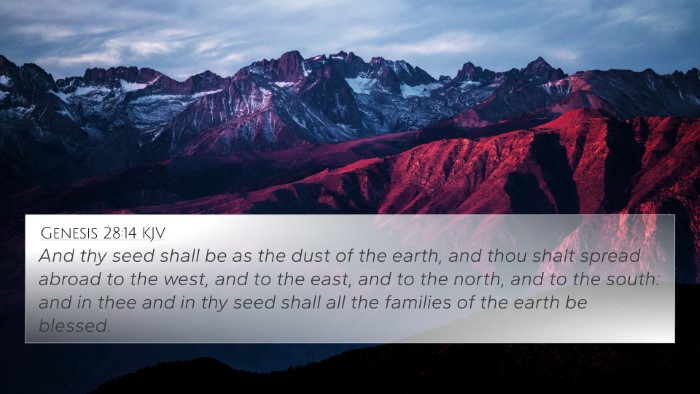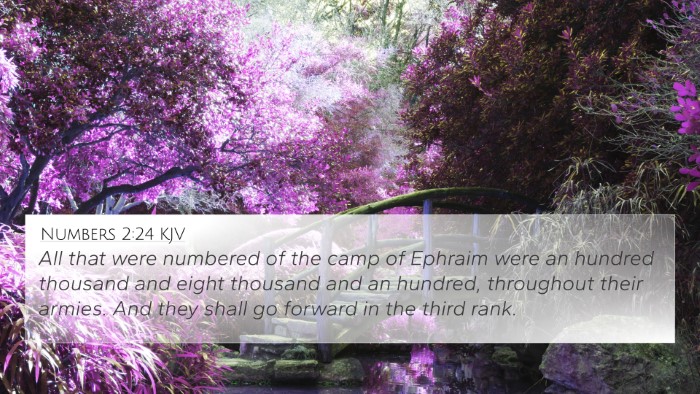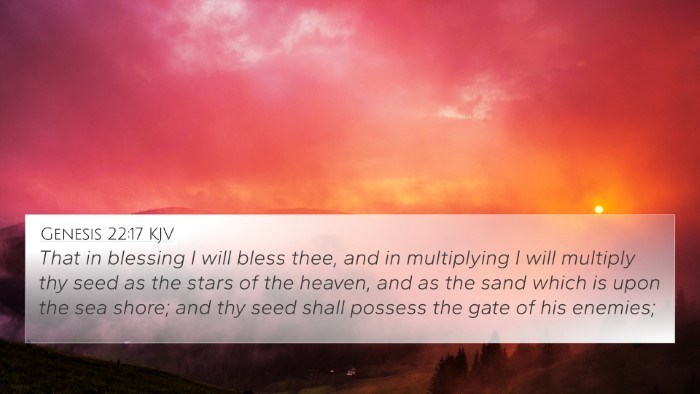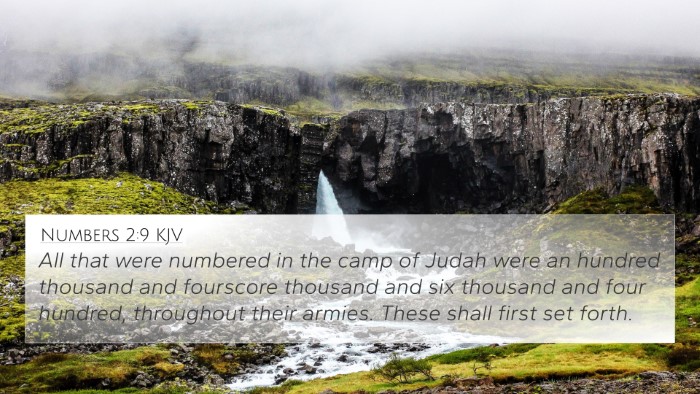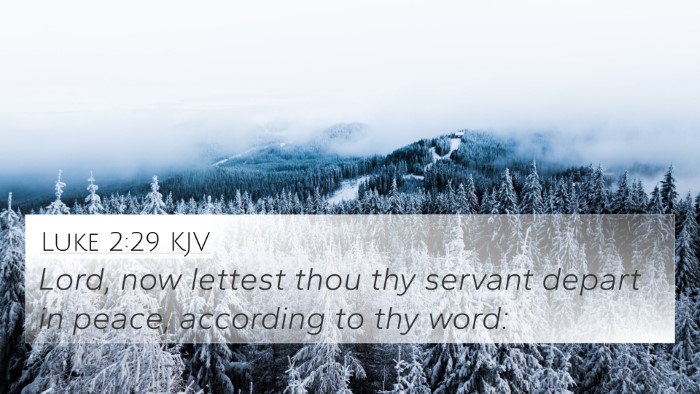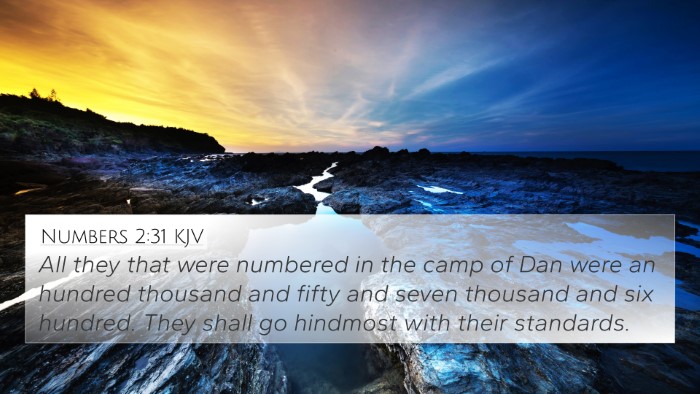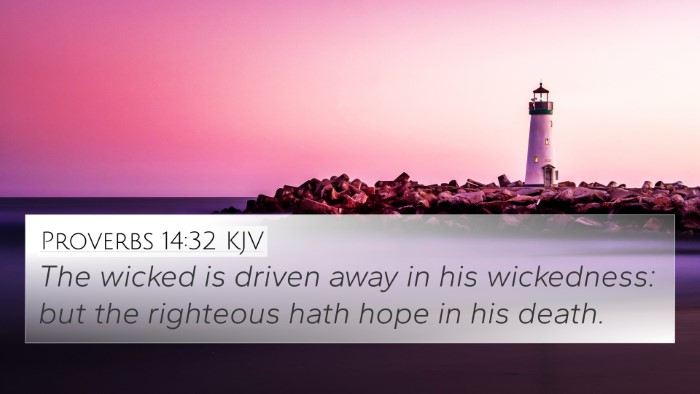Bible Verse Interpretation of Numbers 23:10
Numbers 23:10 states, "Who can count the dust of Jacob or number the fourth part of Israel? Let me die the death of the righteous, and let my last end be like his!" This verse is a profound declaration that reveals insights into God's promises, the covenant with Israel, and the nature of blessings.
Summary of Biblical Meaning
This verse encompasses a deep yearning for the blessings associated with the righteous. In the context of the chapter, these words are spoken by Balaam, a Moabite prophet, as he contemplates the greatness of Israel.
Commentary Insights
-
Matthew Henry:
Henry emphasizes the significance of God's choosing of Israel and the unparalleled blessings they experience. He notes that Balaam, despite his intention to curse Israel, recognizes their intrinsic value and the futility of opposing God's plan.
-
Albert Barnes:
Barnes highlights the poetic nature of Balaam's proclamation. His desire to "die the death of the righteous" mirrors the longing for a life lived in accordance with God's favor, thus illustrating the stark contrast between his own fate and that of Israel.
-
Adam Clarke:
Clarke provides a historical and theological view, explaining how Balaam's statement reflects a deep acknowledgment of Israel's destined prosperity and the divine protection that surrounds them. He elaborates on the symbolism of dust, representing the vastness of what God has promised to the descendants of Abraham.
Cross-References
Numbers 23:10 resonates with several other biblical texts that highlight similar themes:
- Genesis 32:12: “And you said, ‘I will surely do you good, and make your descendants as the sand of the sea, which cannot be numbered for multitude.’”
- Deuteronomy 10:15: “Yet the LORD set his affection on your ancestors and loved them, and he chose you, their descendants, above all the nations—as it is today.”
- Psalm 112:6: “Surely the righteous will never be shaken; they will be remembered forever.”
- Romans 4:3: “What does Scripture say? ‘Abraham believed God, and it was credited to him as righteousness.’”
- Revelation 14:13: “Then I heard a voice from heaven say, ‘Write this: Blessed are the dead who die in the Lord from now on.’”
- Proverbs 10:7: “The memory of the righteous is a blessing, but the name of the wicked will rot.”
- Matthew 5:8: “Blessed are the pure in heart, for they will see God.”
- Hebrews 11:10: “For he was looking forward to the city with foundations, whose architect and builder is God.”
- Philippians 3:20: “But our citizenship is in heaven. And we eagerly await a Savior from there, the Lord Jesus Christ.”
- 2 Timothy 4:7-8: “I have fought the good fight, I have finished the race, I have kept the faith. Now there is in store for me the crown of righteousness, which the Lord, the righteous Judge, will award to me on that day—and not only to me, but also to all who have longed for his appearing.”
Connections between Bible Verses
Understanding Numbers 23:10 within the broader scriptural context reveals significant interconnections, which can enrich our study:
- Exploring Genesis 32:12 helps us see God's promise of multiplication to Israel.
- The connection to Deuteronomy 10:15 reinforces God's chosen status for Israelites.
- Psalm 112:6 and Proverbs 10:7 provide insights into the enduring legacy of the righteous.
- Linking this verse to Romans 4:3 and 2 Timothy 4:7-8 illustrates the New Testament’s affirmation of righteousness through faith.
- Hebrews 11:10 relates both the expectation of the righteous and their hope for a heavenly dwelling, echoing Balaam's longing.
- Finally, Revelation 14:13 reminds us of the ultimate blessing awaiting those who live righteously.
Conclusion
In summary, Numbers 23:10 acts as a lens through which to view the righteousness of God, the blessings of His people, and a heartfelt desire for righteousness. Through comparative Bible verse analysis, we uncover the depth of the biblical narrative and the interconnectedness of its teachings.
By utilizing tools for Bible cross-referencing, such as a Bible concordance and a cross-reference Bible study guide, believers can deepen their understanding of Scripture, identifying themes and connections that affirm the continuity of God's message throughout the Bible.
